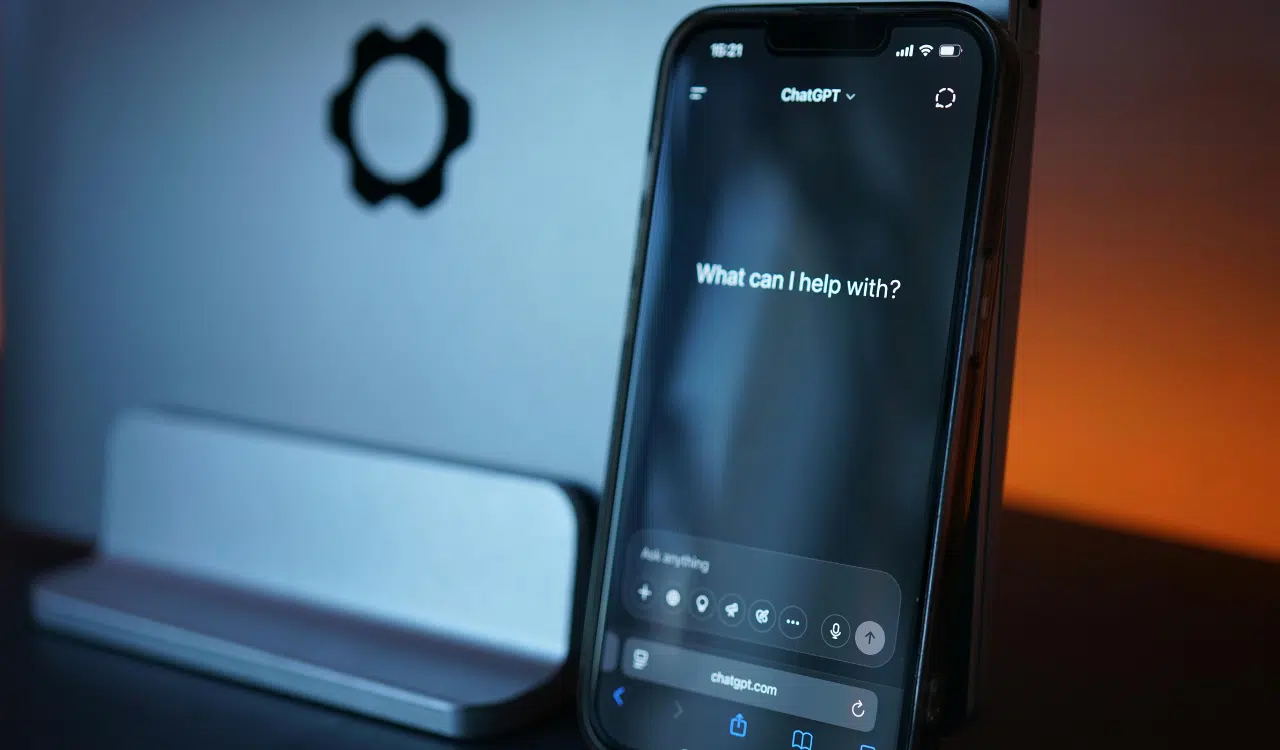The word disruption contains multitudes of interpretations. It can represent a dynamic burst of business or technical innovation; and it also describes upheaval, shifting norms, and instability. We’ve noticed a signal that foretells a macro disruption: Retail, identity, trust, generative AI, and Gen Z are intersecting. This disruption could prove to be an opportunity or a problem; retailers can explore it, ignore it, or capitalize on it.
As Gen Z disrupts the latest disruption (AI), they have adapted GPT models, rewriting the rules to perform off-label tasks and are shaping a new communications stream. The tech platforms have noticed, recognized the potential, and are following their lead.
Life Out of Balance
For Gen Z, disruption is a fact of life. This cohort crossed into adulthood under duress. While many hope to put Covid in the rearview mirror, experiencing the shock of either of missing your high school or college graduation, losing a loved one, starting college online, going back to school wearing masks, feeling straitjacketed and distanced when you are poised to break free, or a combination of all the above has shaped this generation. Living through such events in a critical phase of young adulthood development has consequences. We shouldn’t be surprised when Gen Z begins to rewrite all the rules and forges a different path.
Algorithmic Aesthetics
These Gen Z consumers are different. They engage with technology as digital natives. As such, they have understood and adapted quickly to the possibilities within emerging AI models. For this generation, the growing menu of GPT services from Anthropic’s Claude, Open AI’s ChatGPT, Meta’s Llama, Google’s Gemini, to name just a few, is not taken at face value. Instead, Gen Z consumers think, “Huh…how can I hack these awesome tools to make them work for me?”
They are stretching GenAI’s capabilities beyond writing job applications and emails to optimize weddings, wardrobes, job interviews, skincare, and shopping. As Gen Z disrupts the latest disruption (AI), they have adapted GPT models, rewriting the rules to perform off-label tasks and are shaping a new communications stream. The tech platforms have noticed, recognized the potential, and are following their lead.
LLM Hacks
As curious young users poked around in various GPT engines, queries into product advice started cascading. The first to react to the spike was ChatGPT, which quickly recognized the commercial potential, while promising not to exploit it (yet). In April, ChatGPT opened a discovery platform marketed to brands. Initially, the product recommendations were limited to commoditized hard goods, office chairs, coffee makers, etc.
Soon, the ChatGPT LLM (large language model) recognized growing search clusters as Gen Z fashionistas asked for outfit advice. ChatGPT quickly transformed itself into a personal stylist. Fast Company described the UX as “Enhancing the shopping experience with personalized product recommendations and direct purchase links.” Vogue Business spoke with ChatGPT Product Team Lead Saguna Goel who explained, “What’s really exciting is that this movement is being led by shoppers themselves. Gen Z are definitely out front.” Vogue explained that generative AI was the initial tool, but users then took their GPT journeys social, sharing the process on TikTok as they asked the engine to“ build capsule wardrobes” or ” suggest seasonal color palettes.”
My Personal AI Stylist
At the recent CommerceNext conference, we heard personal perspectives directly from Gen Z consumers. The panel shared their experience with generative AI tools as not only a personalized stylist but increasingly as a shopping tool. The next gens use AI to deliver the right look (based on their photos uploaded into the chat) and a shopping list of where to buy all the essentials. It’s customized search on steroids.
ChatGPT’s style hack is not the only tool the cohort is exploiting; Gio AI is serving as a stylist for digital living. If you search for Gio AI in Apple’s App Store, an AI headshot retouching tool pops up. It adds some generated magic to an uploaded photo for embellishing a LinkedIn profile or dating app picture. To discover the hack, we had to search Reddit, where users explained that Gio AI also has a virtual outfit generator. Gio AI not only beautifies faces it also rocks a virtual look.
Branded Bots
AI is increasingly infused into both retail and fashion marketing, but chat-based and visual generative AI efforts are still in experimental mode. Walmart and Adore Me are among the brands experimenting with generative AI primarily for search, personalization, co-creation, and social media engagement. Daydream.ing is a newly-released, venture capital-fueled fashion discovery that is a GPT chat-powered AI interface designed by technologists to drive sales. Daydream.ing is launching with a roster of promoted brands including Net-a-Porter, Alo Yoga, LoveShackFancy, Mytheresa, Uniqlo, and others. It is currently in beta and not yet widely distributed and Daydream.ing is not a Gen Z user-generated fashion hack. We will be watching to see if this audience responds to well-funded, commerce-driven GPT apps with their wallets, or with ingenuity by shapeshifting them for another bespoke purpose through their own hacks.
Synergistic Styling
We are still unpacking another issue mentioned at the CommerceNext panel. This generation holds a healthy level of skepticism toward brand influencers. Gen Z is less interested in influencer posts, especially if they are paid by brands, than in user comments. While the cohort tends to prefer micro-influencers to the mega variety, according to EMarketer research, Gen Z prefers a “digital third space” to any influencer. In the research, a digital third place is described as “an ecosystem where Gen Z can communicate, influence, and engage with the current culture. Think: the relationships people can build through comment sections in Reddit communities or virtual spaces like Roblox.” This generation is inclined search out or discover trusted sources which track its singular pursuit of style inspiration. This cohort candidly embraces incredulity, creating a conundrum for brands hoping to sway them.
Skepticism and Trust
A lot of this comes down to trust, an issue with which Gen Z has a complicated relationship. They have matured in the era of “alternate facts,” rampant misinformation, and now, deepfakes. Morning Consult Polling finds a connection between this inherent skepticism and brand trust.
“The trust issues appear in part because of more general skepticism towards corporate America and broader consumer preferences, a reality most brands will have to confront as the young consumers grow in purchasing power. Gen Z also displays lower trust scores for a vast majority of brands, including established and emerging ones, when compared to older adults.”
Ironically, despite a deep skepticism of brands, corporations, and corporate influencers, many in Gen Z place extraordinary trust in large technology companies. The cohort generously shares personal information, desires, and self-expressions with generative AI models built by Google, Microsoft, OpenAI, and Meta. They then turn around and broadcast these digital revelations across TikTok, Instagram, and Roblox. While the audience includes members of a trusted community, brands and corporations, hungry for precisely this type of data are also watching.
Disruption Updating
Somewhere in this convoluted mix of privacy and self-expression, brands may uncover a possible opening: a “third space” to connect. While brands strive toward an elusive strategy to either exploit this opportunity or solve the problem, depending on their perspective, they should remain nimble. Gen Alpha is already creating another new set of rules. They are digital, AI, and gaming fluent, communicating in an ephemeral slang that confounds even the fastest LLM. Disruption isn’t arriving. It’s already updating itself. And get ready, Gen Beta is on the way.





